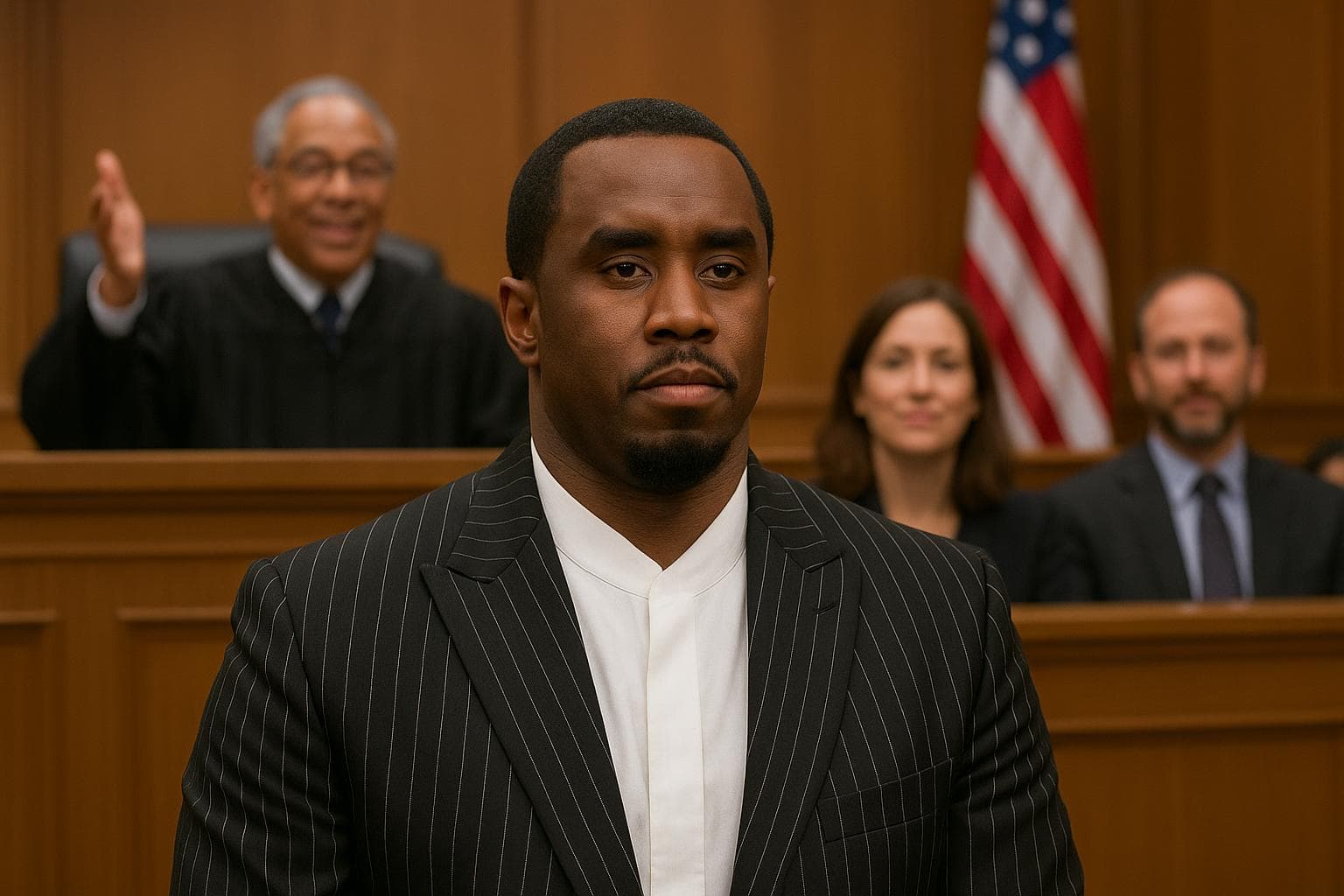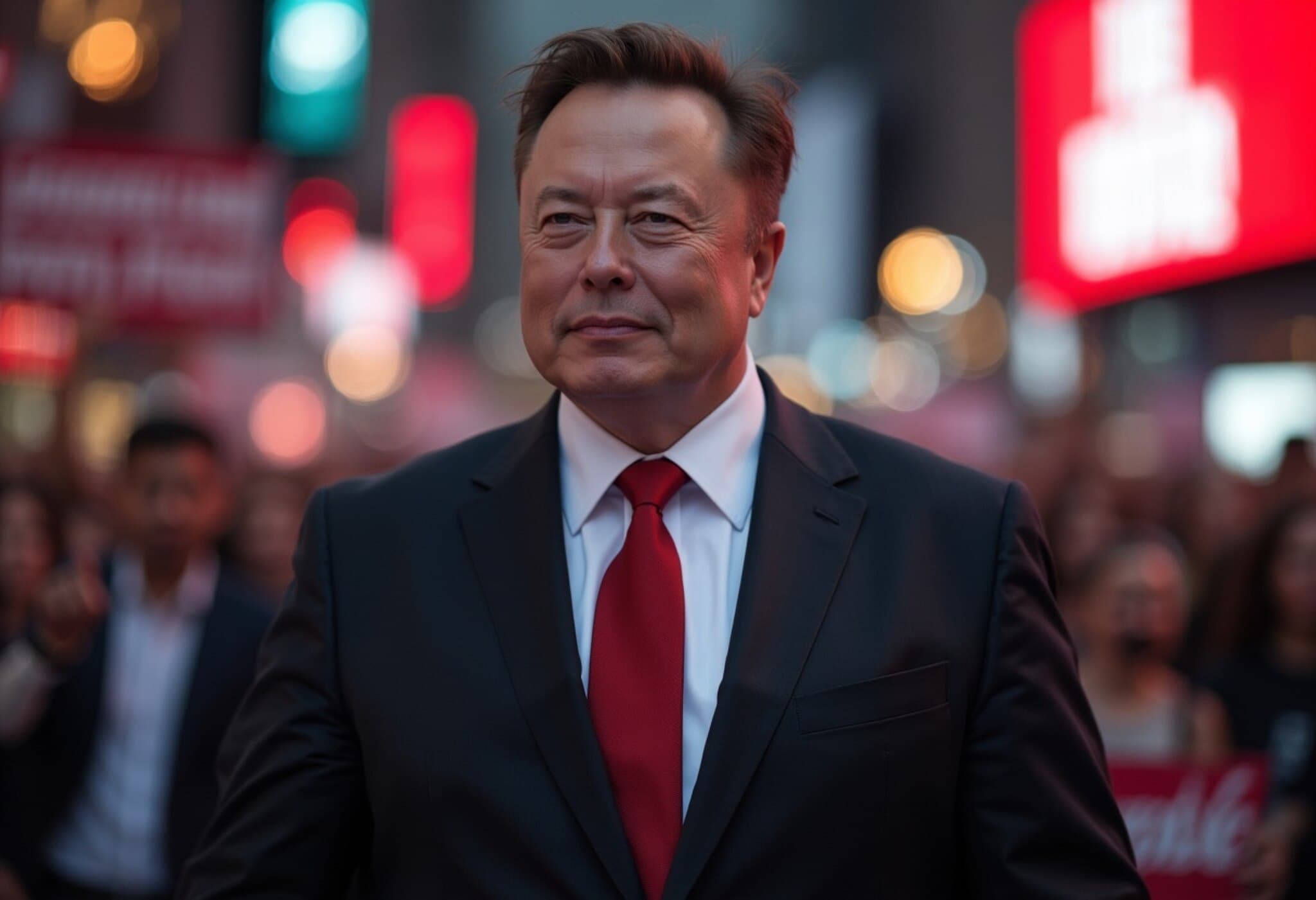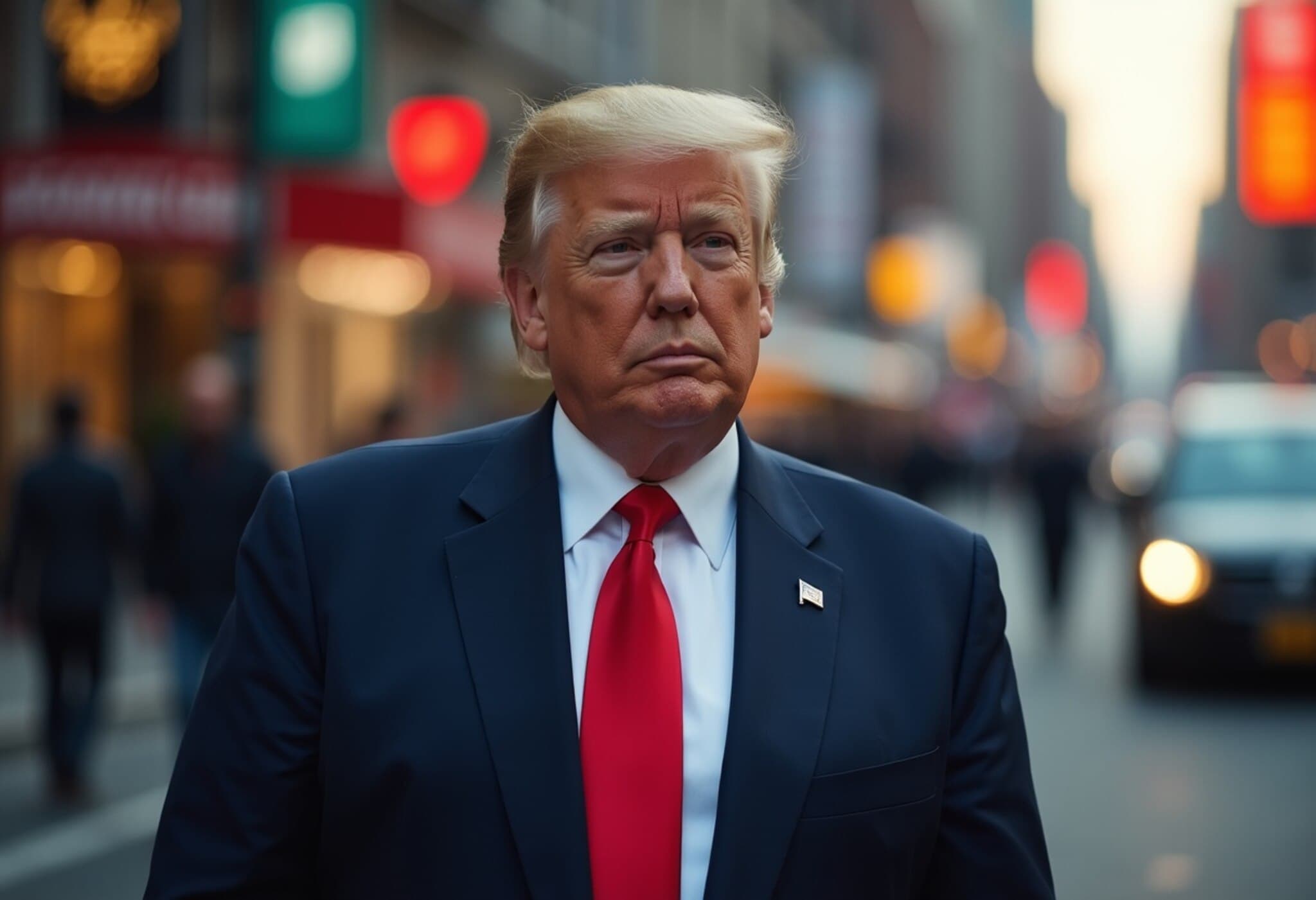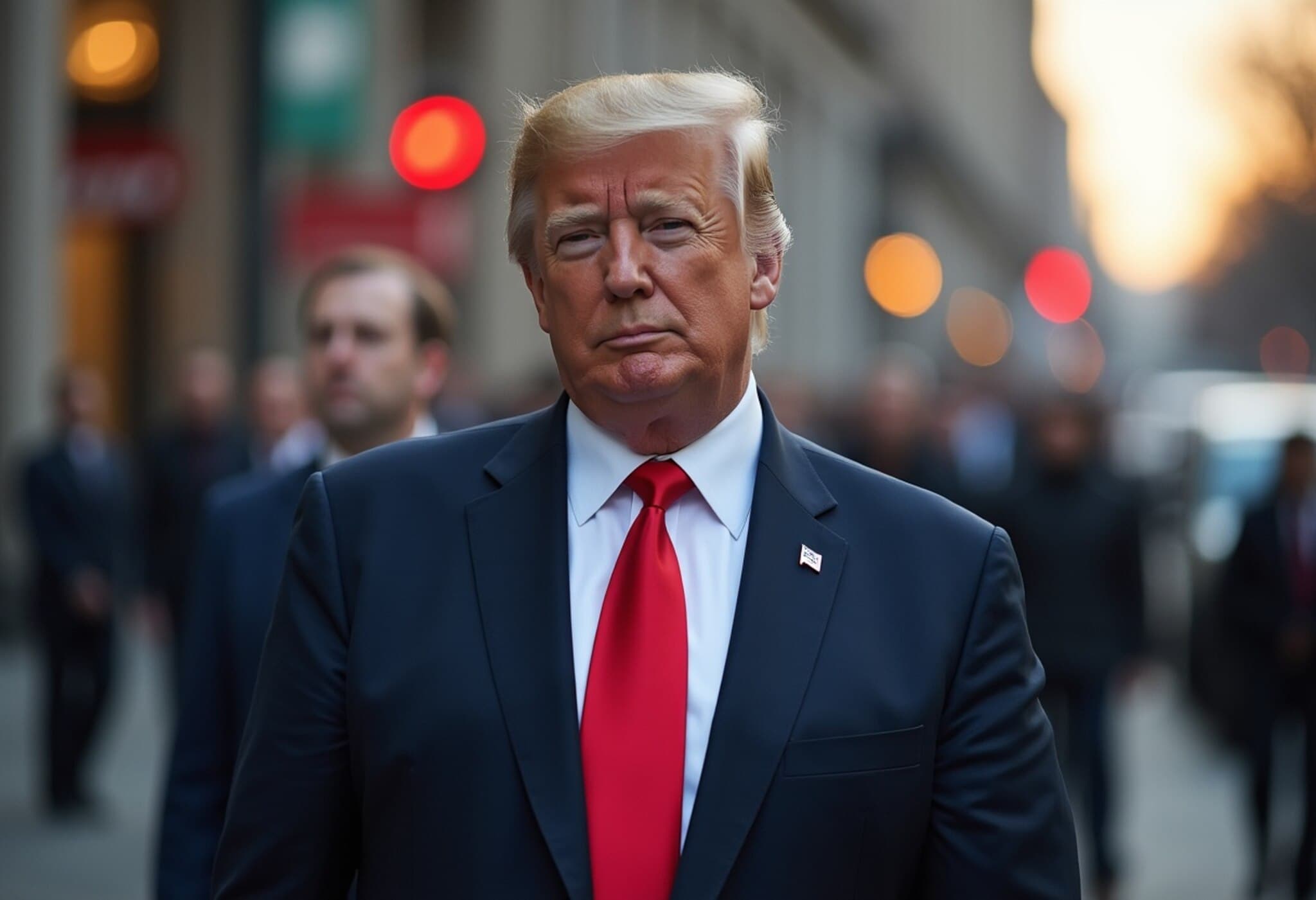Understanding Novo Nordisk’s Stock Decline Amid CEO Change
When Danish pharmaceutical giant Novo Nordisk saw its shares tumble sharply on the day it appointed Maziar Mike Doustdar as its new CEO, many investors were caught off guard. However, this steep decline was hardly unexpected. Minutes before the news broke, the company issued a profit warning, slashing its operating profit growth forecast by approximately one-third to a new range of 10% to 16% and projecting slower-than-anticipated revenue growth.
This sequence of events was a strategic move commonly termed as “clearing the deck” ahead of a new CEO’s tenure—a tactic becoming increasingly normalized in corporate governance circles.
The Rationale Behind “Clearing the Deck” for New Leadership
Michael Field, Europe Market Strategist at Morningstar, explains that companies often employ this approach to provide incoming CEOs with a cleaner slate. “This way, the new leader can hit the ground running without grappling with legacy profit warnings,” he said. Essentially, if a business fronts all the negative financial surprises early, the CEO can focus on generating positive momentum that could ultimately restore investor confidence and boost share prices.
Far from being a novel approach, this tactic has become relatively widespread across sectors and markets.
Other High-Profile Examples in Europe
- Elekta, the Swedish medical device company, introduced new CEO Jakob Just-Bomholt on June 9, 2025. Within 24 hours, it published a revised review that revealed its order book was nearly 4.9 billion Swedish krona (about $503.7 million) less than previously projected, triggering a 4.7% drop in share price.
- Tietoevry, a Finnish IT software and services firm, confirmed Endre Rangnes as CEO on July 21, 2025. The next day, the company disclosed an expected 4% contraction in organic growth amid ongoing financial underperformance, which sent shares plummeting 13%.
- Renault combined the announcement of its interim CEO Duncan Minto with a revised profit forecast on July 15, 2025. The stock, already under pressure from the sudden departure of former CEO Luca de Meo, declined by 18.5%. This move came shortly after Renault unveiled a new strategy under de Meo’s leadership, raising further investor uncertainty.
Why Investors Struggle to Look Beyond Immediate Setbacks
Despite the frequency of these “reset” moments aligned with CEO changes, investors often find it difficult to anticipate the full trajectory of such companies. Field notes that “each business situation is unique,” with no universal blueprint for how deeply the issues run or how soon recovery might come.
Investors who consider buying shares during these “dips” risk misjudging whether new management can effectively remediate structural problems or whether deeper, systemic hurdles will persist, potentially dragging results further downward.
The American Context: Implications for Investors and Corporate Governance
American investors and policymakers can glean valuable lessons from these European cases. In U.S. markets, a CEO appointment frequently acts as a catalyst for strategic realignment and stock price recalibration. However, the timing and transparency of earnings revisions carry significant weight.
These reset strategies emphasize the importance of governance frameworks that balance honest communication with investor expectations. They also spotlight the pressures CEOs face to demonstrate early successes amid challenging market conditions, particularly in industries with high innovation demands like pharmaceuticals or technology.
What’s Next for Novo Nordisk and Its Investors?
With Novo Nordisk’s shares having plunged over 60% from their June 2024 peak—largely due to declining sales growth of its blockbuster weight-management drugs—investors are understandably cautious. Yet the company’s profit warning before Doustdar’s appointment may signal a more realistic baseline from which the new leader can work.
The parallel moves by U.S. competitors such as Eli Lilly, which also faced share price declines amid similar product growth concerns, reinforce the broader industry challenges at play.
Editor's Note
Leadership transitions shrouded in profit warnings are a growing, yet nuanced trend in global corporate strategy. While they offer CEOs breathing room to implement change, they also present tough choices for investors, who must disentangle short-term noise from long-term value potential. For market watchers, tracking these reset moments alongside underlying industry pressures offers a richer understanding of both market volatility and strategic resilience.



















